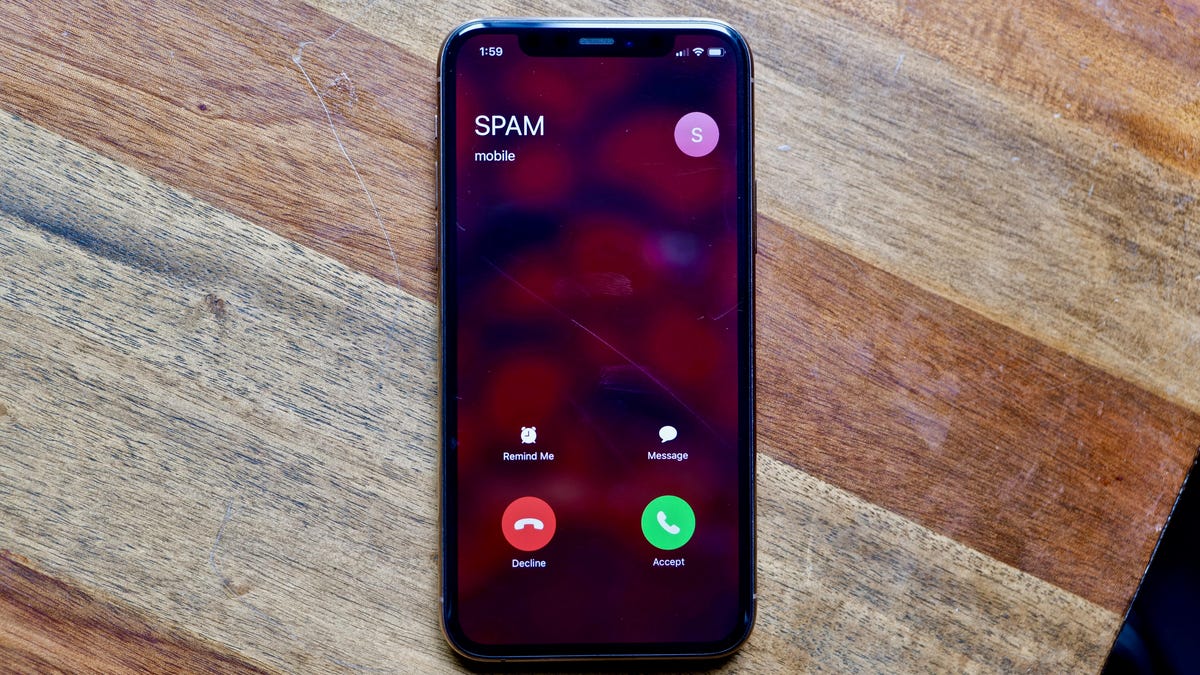FBI investigating voter suppression robocalls
Voters in battleground states are getting calls meant to trick them into delaying going to the polls until it's too late.

Robocalls are targeting voters in battleground states urging them to stay away from polling sites.
The FBI is investigating a robocall campaign designed to keep voters from heading to the polls in battleground states, senior cybersecurity officials said on Election Day. The automated calls tell recipients that because of long lines at polling sites, people should come in to vote on Wednesday instead -- but that's after the polls have already closed. (Read more about stopping robocalls here.)
Michigan's attorney general, Dana Nessel, warned about the robocall campaign on Election Day, and the calls have been going to voters in Ohio, Texas, Florida and Nebraska as well. The 2020 US presidential election's outcome could hinge on a handful of states, including those mentioned.
The voter suppression tactic is similar to one used by Russian actors during the 2016 presidential election, when a "text to vote" hoax ran rampant on social media. The robocalls on Election Day are taking advantage of the coronavirus pandemic and telling potential voters to "stay home and stay safe" because of the large crowds.
Read more: You can't vote by text or tweet. Don't get fooled
"Robocalls of this nature happen every election," a senior official with the Cybersecurity and Infrastructure Security Agency said at a press briefing Tuesday. "Be mindful of people that are trying to intimidate you [or] undermine your confidence ... keep calm and vote on."
The official added that the FBI is investigating the robocall campaign, and said it was important that election workers call out such campaigns as fraudulent.
In a statement, the FBI said it was aware of reports of robocalls but had no further comment apart from encouraging voters to verify, through local elections officials, any election and voting information they may receive.
The Washington Post reported that the voter-suppression calls went out to an estimated 10 million voters.
By Tuesday afternoon, election misinformation on social media was a bigger concern for officials than cybersecurity issues. Department of Homeland Security Acting Secretary Chad Wolf said there hadn't been indications that a cyberattack affected the election, but there's still ample opportunity for foreign actors to spread falsehoods online.
Technical difficulties throughout Election Day have created those openings. Glitches and machine malfunctions delayed voting for hours in Georgia, Ohio, Texas and Nevada on Tuesday.
Though technicians managed to fix the issues, during the hours that machines were down, rumors swirled on social media about voter suppression to steal the election.
CISA officials have been urging Americans to remain patient and to be skeptical of what they see on social media. The voting machine glitches have all been due to misconfigurations, and election officials haven't seen any signs of cyberattacks.
Officials said that compared with 2016, attacks on election infrastructure have been much quieter. Hundreds of election workers are using a CISA-hosted chatroom to share information about potential threats throughout the day, the agency said.
The voter suppression tactics also don't appear to be effective, officials said, pointing at the large turnout from millions of Americans during early voting.
"The fact that we have that many votes shows that people are confident in the process," a senior CISA official said.

